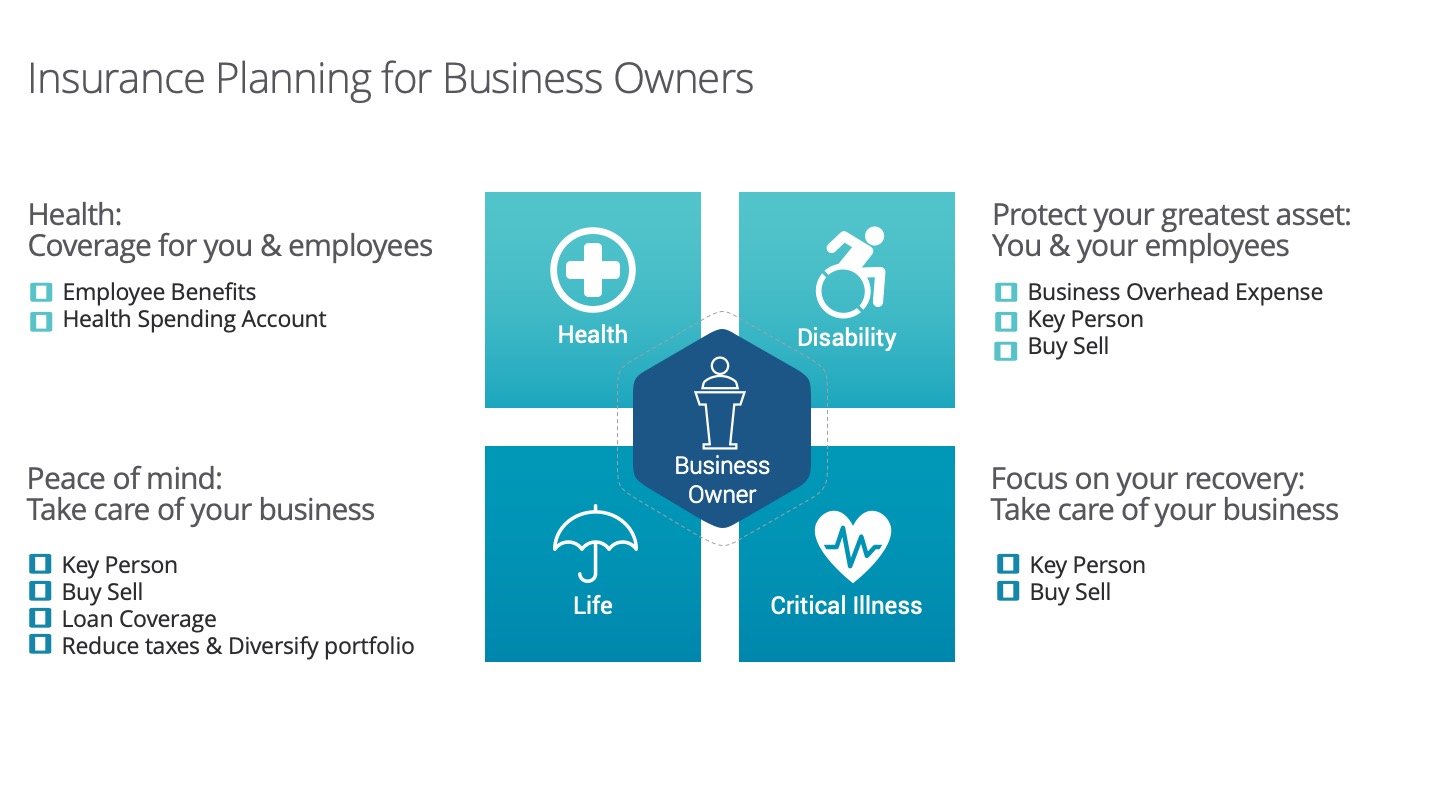1 in 3 Canadians Will Become Disabled Before the Age of 65
What you need to know about your Group Long Term Disability
Having a source to replace your earned income in the event of an illness or accident is vital considering that on average, 1 in 3 Canadians will become disabled for a period of more than 90 days at least once before the age of 65. For those that are disabled for more than 90 days the average length of that disability is 2.9 years.
If you are one of the approximately 10 million Canadians covered under a group Long Term Disability plan (LTD) it’s important to understand what your coverage provides. Don’t wait until after you’re disabled to read the employee handbook because you could have a few surprises!
How much coverage do I really have?
-
Generally, employee benefit LTD plans are designed to replace up to 85% of your pre-disability after-tax income.
-
The amount of your benefit is determined by a formula. These formulas vary so it’s a good idea to know what yours is.
When do I start getting benefits?
-
Usually, you are eligible for benefits to commence after being disabled for a period of 90 or 120 days.
Is this benefit taxable to me?
If the LTD premium is paid by you personally then the benefit will be received tax-free.
-
In groups where the employer pays the LTD premium, then the benefit when received will be taxable. Should this be the case, make sure you discuss with your employer or insurer what your options are for having tax withheld if disabled so there won’t be any unpleasant surprises come tax time!
What else do I need to know when I enroll in an LTD plan?
-
Pay attention to the Non-Evidence Maximum (NEM). This is the maximum amount of disability benefit you would be entitled to without providing medical evidence. You may be eligible to receive higher coverage if you take a medical examination.
-
You should also be aware that LTD benefits are usually offset (reduced), by any disability benefits you may receive from CPP/QPP or Workmen’s Compensation.
-
Any benefits paid as a result of an accident from an automobile insurance plan could also reduce your LTD benefits.
-
Most group plans have a waiting period, usually three to six months, before a new employee is eligible to join the plan.
-
If you were formerly a member of a plan at another employer, request that your new employer waives the waiting period.
-
If you’re an employee who was actively recruited or is considered a valuable addition, you should also make this request.
Are there other options?
-
All of the above could certainly result in you receiving less disability income than you thought you were entitled to. If this is the case, consider purchasing an individual disability policy to “top up” your coverage.
-
The good news here is that most Group LTD plans do not offset against personal disability income policies.
Please call me if you would like to discuss your own situation or feel free to share this article using the sharing buttons with a friend or family member you think might find this information of value.
Source: CLHIA
Copyright @ 2020 FSB Content Marketing – All Rights Reserved




